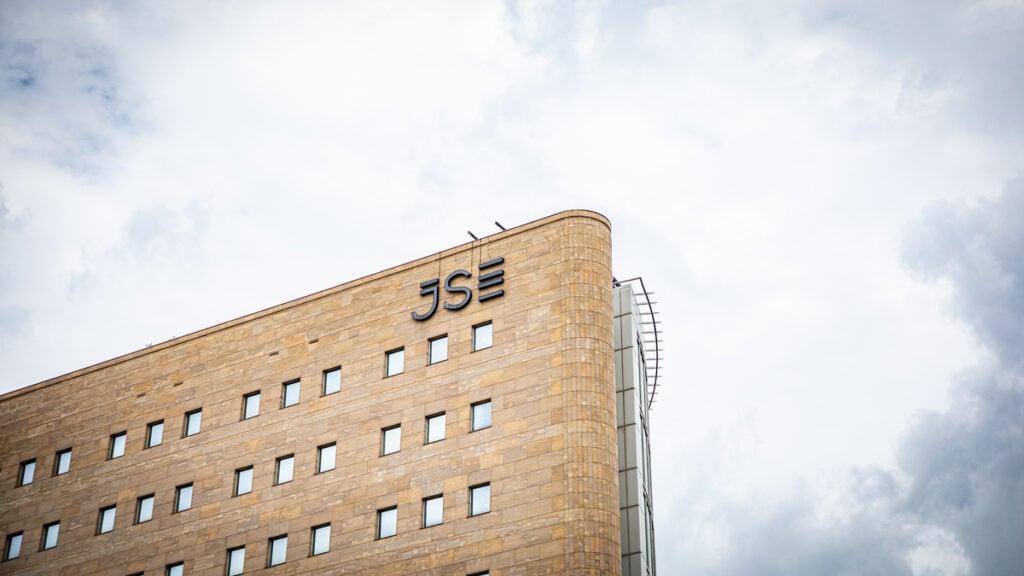Africa-Press – South-Africa. Foreign investors sold R74 billion worth of South African stocks in the first three months of 2025 due to global uncertainty and instability within the Government of National Unity (GNU).
However, foreigners continue to be interested in local government bonds, which offer attractive, risk-adjusted yields for investors.
This is feedback from the South African Reserve Bank, which outlined trends in local financial markets in its latest Monetary Policy Review.
The bank explained that local factors appear to have driven domestic financial market performance over the past six months.
With South Africa’s inflation and inflation expectations easing significantly, the spread between the 10-year US Treasury and South African bond yield narrowed to pre-pandemic levels by the end of 2024.
This spread is primarily viewed as an indicator of the risk premium of South African debt over ‘safe’ assets, such as US Treasury bills.
A stable political climate and the unwinding of election-related risks, along with S&P Global Ratings’ revision of the country’s rating outlook from stable to positive in November 2024, also supported the rally, the bank said.
However, the trend has reversed since the start of 2025 due to less favourable domestic and global factors. Additionally, tensions with the US may have contributed to the perceived risk.
The domestic yield curve has ‘bear steepened’ since October 2024, making borrowing more expensive for long-term borrowers, including the government.
This steepening became more pronounced in early April 2025, reflecting the global risk-off environment and uncertainties related to the stability of the existing coalition government, according to the Reserve Bank.
The fear of the ruling GNU falling apart has pushed foreigners to continue the decade-long trend of selling South African equities.
In the fourth quarter of 2024, foreigners sold R19.7 billion worth of South African stocks, reversing a net purchase of R4.1 billion during the third quarter when GNU optimism peaked.
This selling continued in the first three months of 2025, with foreigners selling R74 billion worth of local stocks according to Reserve Bank data.
The selling has not only been driven by local events but also global factors, with the Reserve Bank saying it forms part of a general decline in investor sentiment towards emerging markets.
This is due to the elevated global uncertainty created by the United States imposing import tariffs into the world’s largest economy.
Investors tend to flock to safe-haven assets amid periods of uncertainty, and, as a result, they dump riskier emerging market assets, such as South African stocks.
So far, global investors have turned to ‘hard’ assets in the form of gold and extremely stable financial assets, with the Swiss franc appreciating significantly.
This has significantly boosted the performance of gold miners on the JSE, with the mining index outperforming the rest of the market substantially so far in 2025. This can be seen in the graph below.
Government debt remains attractive
On the other hand, foreign investors continue to be attracted to South African government debt, which offers very attractive risk-adjusted returns.
Government debt is seen as a relatively safe asset and, provided there is a stable and liquid currency, can be very attractive to foreign investors.
Non-resident investors have supported the domestic bond market, with net purchases of approximately R18 billion in South African government bonds as of the end of March, according to Reserve Bank data.
This trend continues from the second half of 2024, with foreign investors purchasing government debt worth R53.1 billion in the last quarter alone.
This followed strong buying activity in the third quarter of the year, where foreigners bought R41.4 billion worth of debt.
The bank explained that this buying activity includes the proceeds from the national government’s issuance of two international bonds amounting to $3.5 billion.
These purchases outweighed the selling of equities, resulting in an overall net inflow into South African assets of R33.4 billion in the fourth quarter.
Throughout 2024, non-residents were net buyers of R6.9 billion worth of local financial assets, a major swing from a net outflow of R99.3 billion in 2023.
This was largely due to increased investor confidence in South Africa after the formation of the Government of National Unity (GNU) in June 2024.
The GNU is largely seen as the most business-friendly in South Africa’s democratic era and has crucially renewed its commitment to key reform measures.
For investors, the GNU has made local debt more attractive as it is committed to fiscal consolidation and improving the government’s finances.
The GNU has also significantly reduced the risk premium attached to South African assets, making the country’s high-yield debt very attractive.
For More News And Analysis About South-Africa Follow Africa-Press






